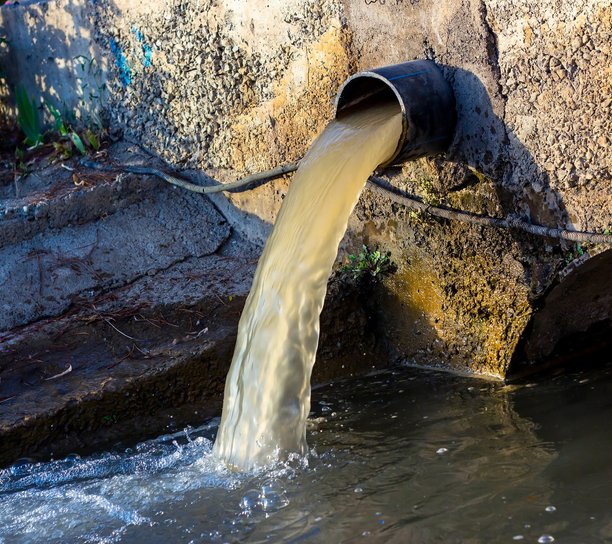The recent rejection of an amendment aimed at holding water companies legally accountable for dumping sewage into UK waters marks another setback in the fight against water pollution. Conservative MPs, by a margin of 292 to 22, voted in favour of allowing water companies to continue dumping raw sewage for another 15 years. [ref: https://www.libdems.org.uk/news/adlib-articles/conservative-mps-vote-for-15-more-years-of-sewage-dumping]
The justification provided for rejecting the bill was the ongoing lorry driver crisis, which has impacted the supply chain for chemicals used to treat contaminated water. Delays in the delivery of these chemicals have been cited as a reason for the rejection.
However, the failure to implement this amendment represents a missed opportunity to hold water companies accountable for the millions of litres of untreated sewage entering UK waterways. Legal and legislative accountability for water companies is crucial in reducing the harmful chemicals and pollutants discharged into UK rivers.
Currently, only 14% of UK rivers meet good ecological status, and this number is projected to decline further due to pollution. In 2023 alone, untreated sewage was illegally dumped into UK waters nearly 400,000 times, highlighting the significant impact on human and aquatic health. [ref: https://publications.parliament.uk/pa/cm5802/cmselect/cmenvaud/74/report.html and https://www.theguardian.com/environment/2023/nov/21/most-inland-bathing-spots-in-uk-have-unsafe-levels-of-pollution-report-finds]
Surfers Against Sewage (SAS) reported a substantial increase in water-related illnesses, with 1,924 sickness reports in 2023—nearly triple the amount reported in the previous year. These illnesses range from gastroenteritis to skin infections and cold-like symptoms, all linked to contact with sewage-contaminated water. [ref: https://www.sas.org.uk/waterquality2022/human-health/sickness-reports/]
Gastrointestinal infections are among the most common ailments resulting from contact with sewage-contaminated water. These infections can lead to symptoms such as nausea, vomiting, diarrhoea, and abdominal cramps, often requiring medical attention and posing a significant burden on healthcare systems.
Furthermore, sewage pollution has a detrimental impact on aquatic ecosystems, disrupting the environment's delicate balance and threatening the survival of various species.
The presence of excess nutrients, such as nitrogen and phosphorus - caused by sewage discharge - can lead to eutrophication—a process in which overwhelming plant growth depletes oxygen levels in water bodies, suffocating aquatic life.
The downgrade of England's three swimming rivers to 'poor ecological status' in December 2023 underscores the severity of the issue, with pollutants such as sewage, chemicals, and heavy metals posing significant risks to public health. [ref: https://www.theguardian.com/environment/2023/dec/01/england-swimming-rivers-poor-water-quality-status]
Yet, persistent sewage pollution not only contributes to the decline of recreational water bodies, but also decreases opportunities for leisure activities such as swimming, boating, and fishing.
In the long-term, the decline of water quality is not just affecting physical health of individuals but also has economic implications, impacting industries reliant on tourism and recreation.
The lack of regulation and accountability within the water industry is a major contributing factor to the deteriorating state of UK waters. Instances like the case of Southern Water, fined £90 million in 2021 for intentionally dumping billions of litres of sewage into UK waters for financial gain, highlight the industry's prioritisation of profit over environmental and public health concerns. [ref: https://www.theguardian.com/environment/2021/jul/09/southern-water-fined-90m-for-deliberately-pouring-sewage-into-sea]
The rejection of the recent bill emphasises the government's failure to prioritise the cleanliness and safety of UK waters, raising questions about its commitment to environmental protection. Moreover, the rejection occurred just months after water treatment companies were permitted to discharge untreated sewage during the lorry driver crisis, indicating a pattern of neglect followed by reactive measures in response to public outcry.
The bill will now return to the House of Lords for reconsideration, with hopes for a re-vote and meaningful action to address the ongoing issue of sewage pollution in UK waters.
At present, there has never been more of a need for collaborative efforts between the government, communities and water industries to collectively use their knowledge, efforts and resources to achieve a safe and secure way to implement regulations and hold each other accountable.
Urgent action is needed to address this pressing issue and safeguard the health of both ecosystems and communities. By prioritising environmental protection and investing in sustainable wastewater management practices, we can begin to decrease and hopefully reverse the damage done to our waters.
